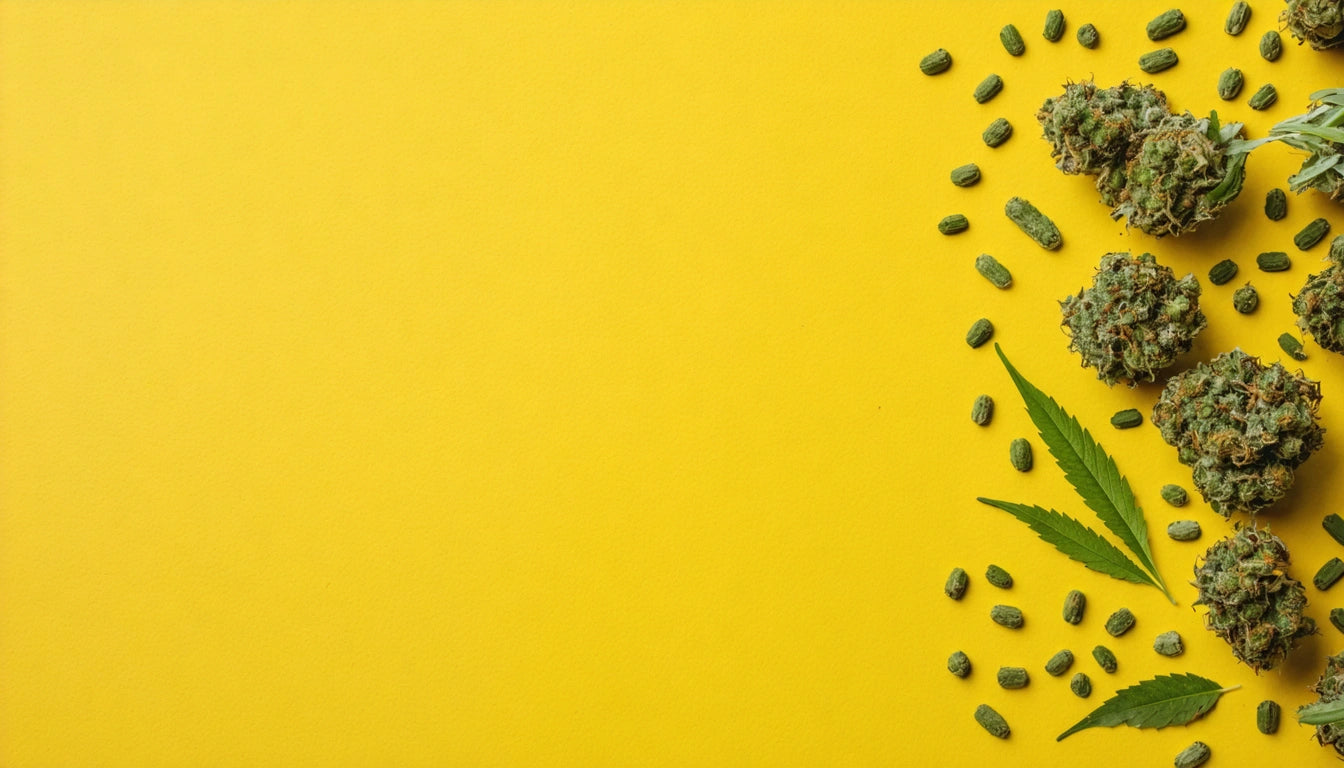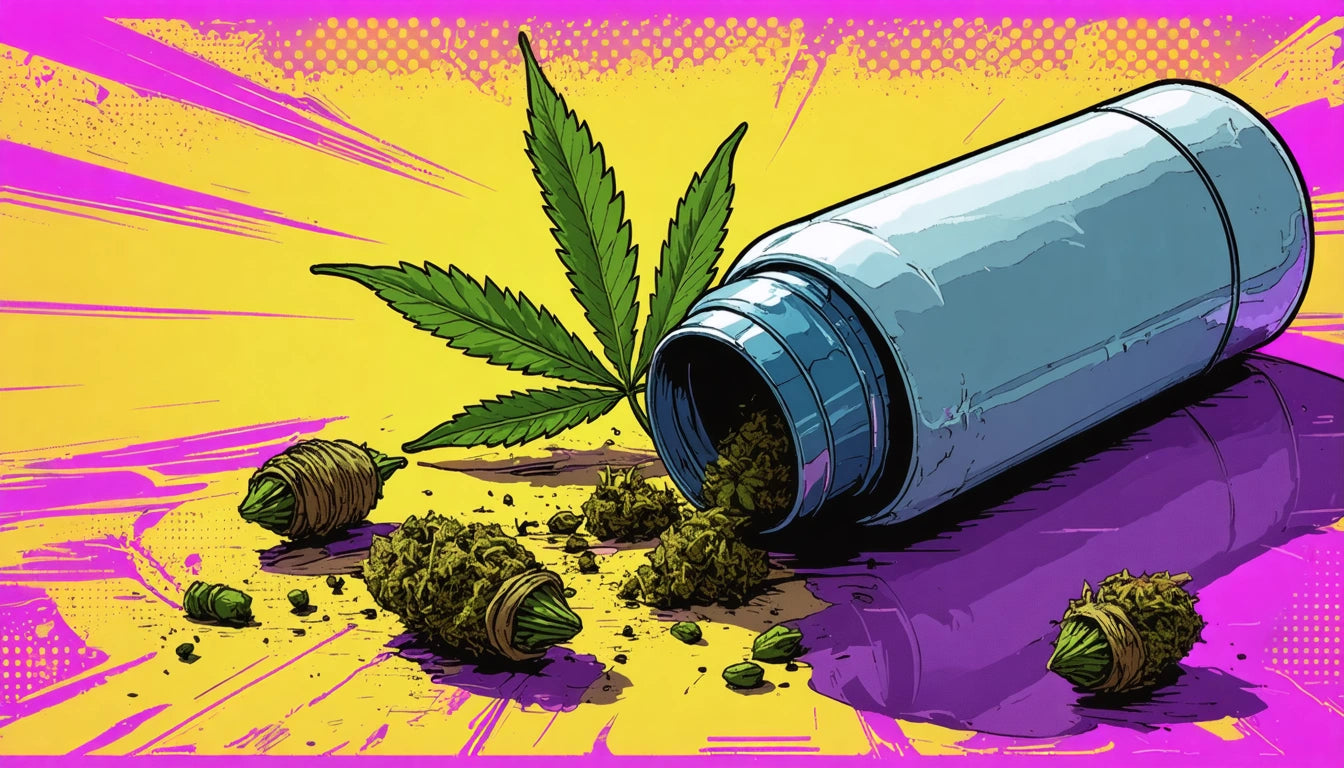Table of Contents
Yes, there are strict age restrictions for buying cannabis in all jurisdictions where it's legal. These age limits are a cornerstone of cannabis regulation, designed to protect developing brains and ensure responsible access. Understanding these restrictions is essential for both consumers and industry professionals navigating the complex landscape of cannabis legalization.
Federal and State Age Requirements for Cannabis
Despite variations in state laws, a consistent minimum age requirement exists across all states with legal cannabis programs. For recreational cannabis, the minimum age is 21 years old without exception, mirroring alcohol regulations. This alignment with established age-restriction frameworks helps with enforcement and public understanding.
For medical cannabis programs, age requirements can be more flexible. Most states permit patients 18 and older to obtain medical cannabis cards independently, while minors (under 18) typically require parental consent and physician approval. Some states have additional requirements for underage medical patients, such as mandatory consultations with multiple physicians or restrictions on product types and consumption methods.
Medical vs. Recreational: Different Age Thresholds
The distinction between medical and recreational cannabis creates a two-tiered age restriction system in many states. While recreational cannabis maintains the strict 21+ requirement, medical cannabis programs often accommodate younger patients with legitimate medical needs.
For example, conditions like severe epilepsy, cancer, or autism may qualify underage patients for medical cannabis access. These exceptions recognize the therapeutic potential while maintaining protective guardrails through physician oversight and parental involvement. The products available to underage medical patients often have restrictions, with many programs limiting access to high-CBD, low-THC formulations for patients under 18.
ID Verification Methods at Dispensaries
Dispensaries employ strict verification procedures similar to those used in alcohol sales, but often with additional layers of security. Common verification methods include:
- Government-issued photo ID scanning
- Biometric verification at some locations
- Medical card validation (for medical dispensaries)
- Secondary ID checks at multiple points (entrance and point of sale)
For dispensaries, the stakes of age verification are extremely high. Failed compliance checks can result in substantial fines, license suspension, or even permanent closure. Many dispensaries use specialized equipment like precision digital scales and ID verification tools to ensure both product accuracy and regulatory compliance in their operations.
Consequences of Underage Cannabis Possession
The legal ramifications for underage cannabis possession vary by jurisdiction but typically include:
For minors (under 18), consequences often focus on rehabilitation rather than punishment, potentially including mandatory drug education programs, community service, or counseling. Some jurisdictions treat underage cannabis possession similar to underage alcohol possession, with relatively minor penalties.
For young adults (18-20), penalties can be more severe since they're legally adults but under the recreational cannabis age threshold. Penalties may include fines, misdemeanor charges, or impacts on federal financial aid eligibility. The legal consequences can have lasting effects on educational and employment opportunities.
It's worth noting that cannabis can remain detectable in your system for weeks after use, which creates additional risks for underage users subject to testing in educational or athletic contexts.
International Comparison of Cannabis Age Restrictions
Age restrictions for cannabis vary internationally among countries with legal frameworks:
In Canada, the federal minimum age is 18, but provinces can set higher thresholds. Most Canadian provinces have established 19 as the minimum age, with Quebec and Alberta setting different standards.
In Uruguay, the first country to fully legalize cannabis, the minimum age is 18 for all legal access methods.
In the Netherlands, while cannabis isn't technically legal but is decriminalized, coffee shops cannot sell to anyone under 18.
These international variations reflect different cultural attitudes toward cannabis and youth protection policies. The U.S. model of 21+ for recreational use represents one of the more conservative approaches globally, prioritizing brain development concerns that continue into early adulthood.
Responsible Cannabis Education for Young Adults
As young adults approach legal cannabis consumption age, education becomes crucial. Responsible cannabis education should cover several key areas:
Understanding appropriate dosing for beginners is essential to prevent negative experiences. Knowledge about the differences between THC and CBD helps consumers make informed choices based on desired effects.
Young adults should also be educated about impaired driving risks and legal boundaries regarding cannabis transportation and public consumption. This education is most effective when delivered through factual, non-judgmental channels that respect young adults' autonomy while emphasizing responsible decision-making.
Age restrictions serve as an important public health measure, but they work best when paired with comprehensive education that prepares young adults for responsible consumption when they reach legal age.











Leave a comment
All comments are moderated before being published.
This site is protected by hCaptcha and the hCaptcha Privacy Policy and Terms of Service apply.